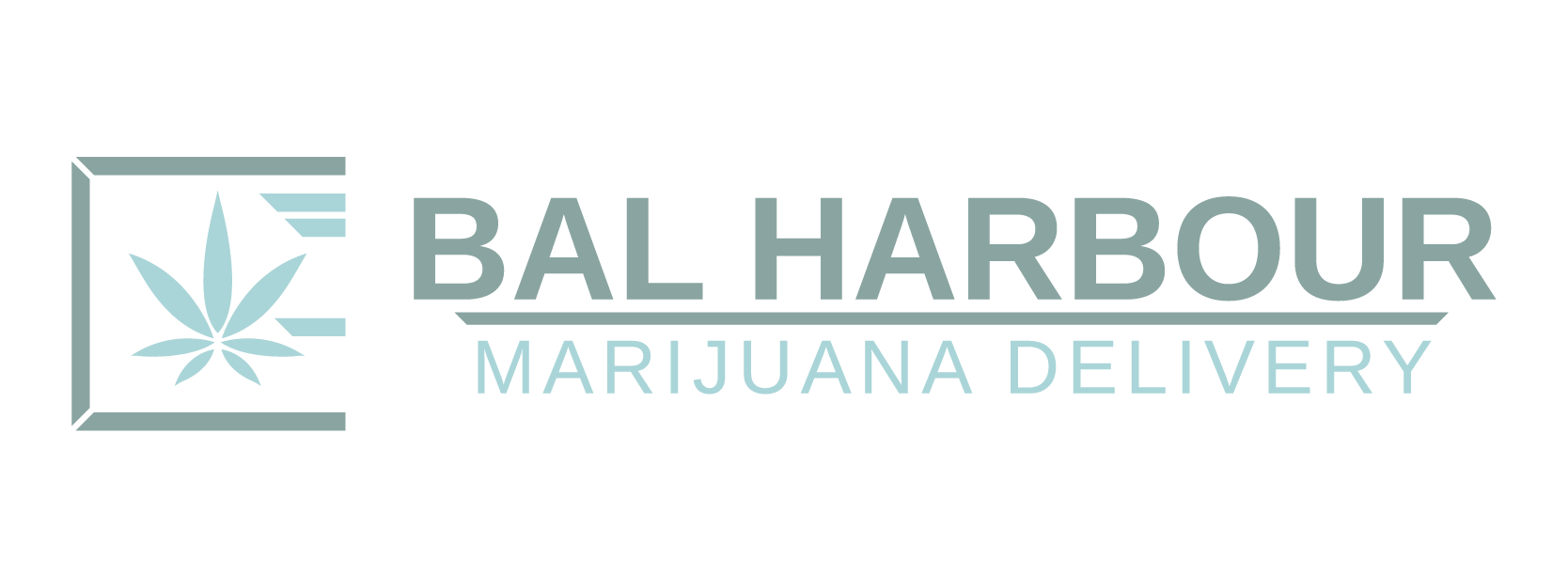In Florida, medical marijuana delivery has become a lifeline for thousands of patients—especially for those who are homebound, disabled, or prefer the privacy and convenience of receiving cannabis at home. But what many don’t see are the strict rules in place behind every delivery to ensure safety, compliance, and patient protection.
According to the Florida Department of Health’s Office of Medical Marijuana Use (OMMU), only licensed Medical Marijuana Treatment Centers (MMTCs) are allowed to transport cannabis products across the state. These MMTCs must follow detailed regulations, from how products are stored during transport to who is allowed to deliver them.
Every Delivery Tracked from Start to Finish
Each cannabis delivery in Florida must include a transportation manifest—essentially a log that tracks the product’s movement from the MMTC facility to the patient’s home. These manifests list the exact products being delivered, route information, vehicle details, and delivery times. This level of traceability is a key part of Florida’s effort to prevent diversion and unauthorized use.
The vehicles used for these deliveries also come under scrutiny. They must be in proper working condition, equipped with a secure compartment to store cannabis, and never left unattended. MMTCs are required to assign at least two employees to each delivery route. One driver must always stay with the vehicle during deliveries.
Deliveries Only for Qualified Patients
Florida law allows medical marijuana only for patients who have received approval from a certified physician and are listed in the state’s Medical Marijuana Use Registry. These patients are issued a Medical Marijuana ID Card, which must be shown upon delivery.
There are also strict limits on how much a patient can receive. For example, smokable marijuana is limited to 2.5 ounces every 35 days. Other forms, such as capsules, tinctures, or topical creams, are subject to a 70-day supply rule, meaning patients cannot receive more than that within any 70-day period.
Safety Measures Go Beyond the Road
Once the product reaches the patient, packaging and labeling become another important layer of regulation. Cannabis must be delivered in tamper-proof, child-resistant containers. Labels must clearly state the product name, strength of THC and CBD, dosage, and warning symbols—including a universal marijuana symbol to prevent accidental use by minors.
Products like edibles are even more tightly regulated. Each edible must be individually wrapped in plain packaging with no branding or appealing graphics, to avoid confusion or misuse.
Tight Security for a Controlled Product
MMTCs are also required to keep tight security at their facilities, with surveillance cameras running 24/7 and alarm systems monitoring all areas where cannabis is handled or stored. If any cannabis product goes missing during delivery, MMTCs must report the incident to local law enforcement within 24 hours.
Looking Ahead
As Florida’s medical cannabis program continues to grow—now serving over 850,000 registered patients—state officials say that these rules help ensure both public safety and access for those who truly need it.
For patients relying on delivery, it’s more than just convenience—it’s about receiving safe, regulated medicine in a way that respects their health, privacy, and security.
For updates on cannabis laws and patient resources in Florida, visit OMMU’s official website.
Realated article: Florida Lawmakers Push to Waive Medical Marijuana Fees for Veterans
